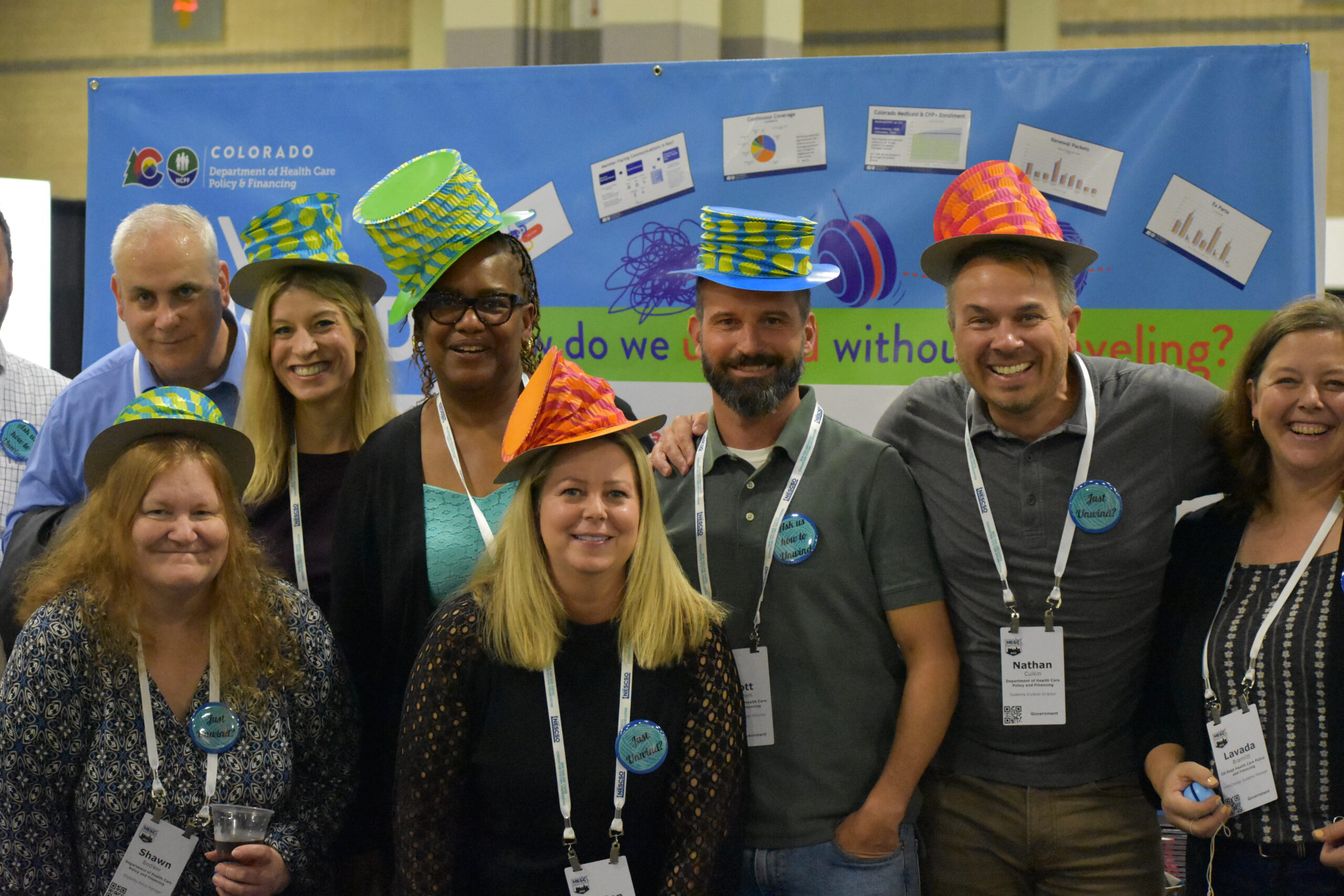About NESCSO
The New England States Consortium Systems Organization NESCSO is a non-profit organization governed by the New England State Health and Human Services agencies and the University of Massachusetts Chan Medical School.
New England Member States
NESCSO connects New England Health and Human Services (HHS) staff with opportunities to learn from peers in neighboring states and colleagues within their state. Our learning communities and academies allow New England HHS staff to collaborate with their in-state colleagues and regional peers to tackle the problems they face.
National Work
Through the Medicaid Enterprise Systems Community (MESC) and the Systems Technical Advisory Group (S-TAG), NESCSO keeps the people responsible for state Medicaid systems in communication with both federal and state peers about the challenges they face. NESCSO also offers multi-state demonstrations of new technology, multi-state procurement, and model contract language.
LATEST EVENTS
NESCSO Activities

Connect with the MES Community
The Medicaid Enterprise Systems Community (MESC) is comprised of thought leaders from the public and private sectors who share ideas and information related to Medicaid systems and initiatives. Each year, this community gathers together at the annual MESC national conference to build upon each other’s experiences and work to improve the health care and lives of members.
Contact
Get In Touch
Have questions? We want to hear from you!




